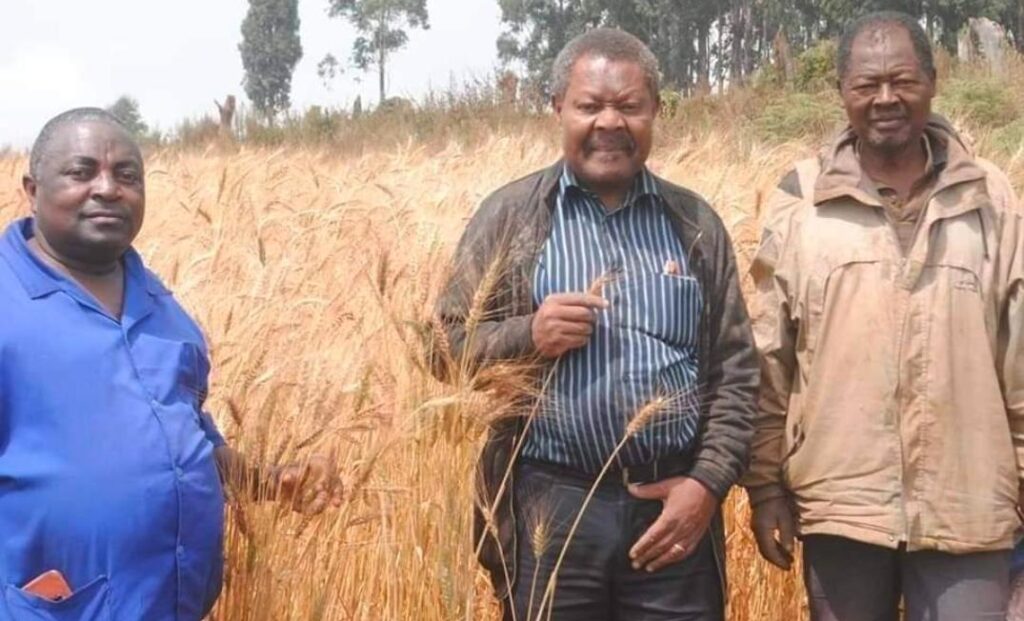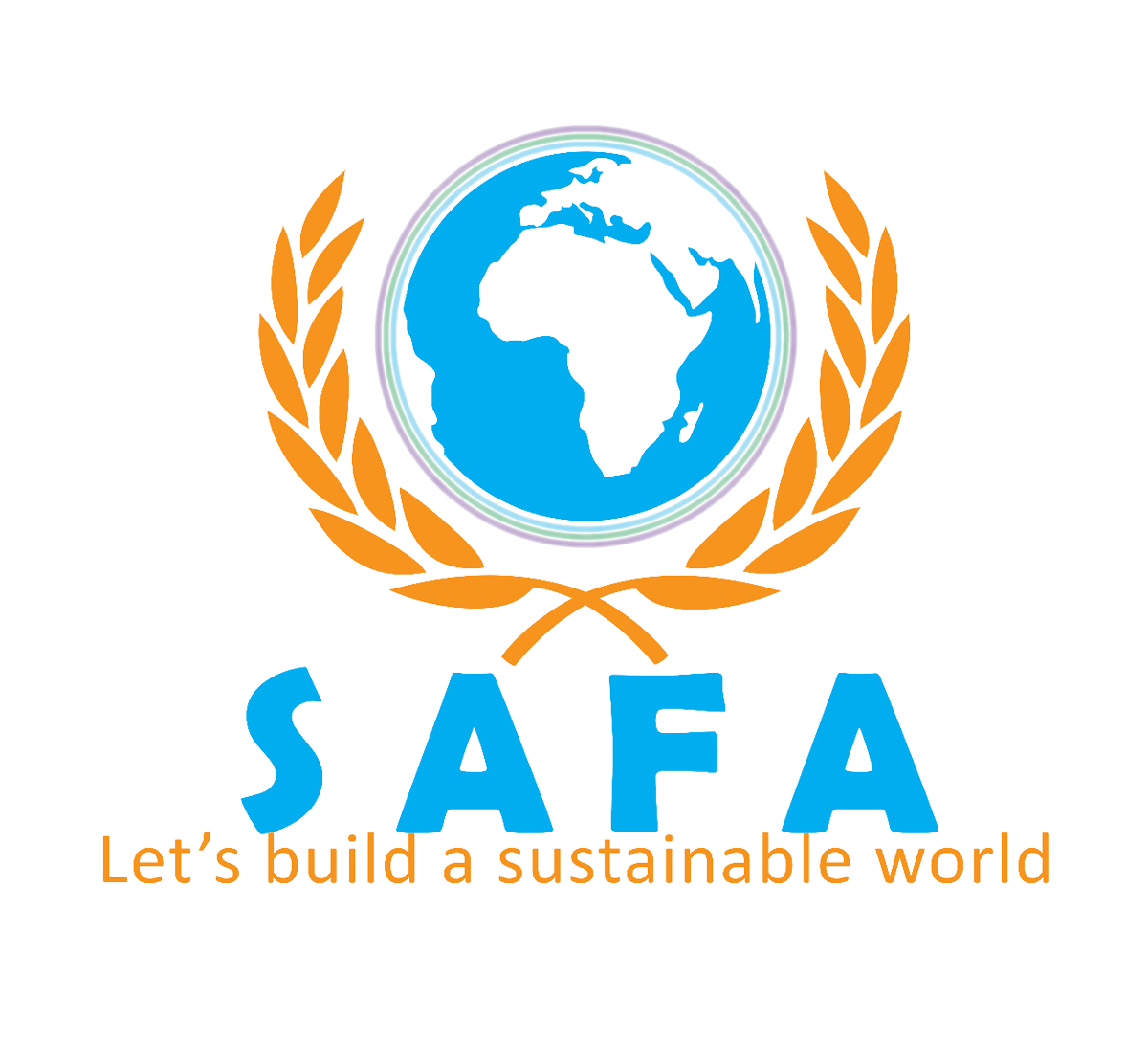The 24th of February 2022 marks the start of the armed conflict between Russia and Ukraine, adding to a long list of major armed conflicts in the world today, including Yemen, Ethiopia, Afghanistan, Syria, Haiti, and Myanmar. Most of these conflicts are already several years old; the war in Ukraine is in its 7th week and does not bode well for the future. It is estimated that the start of this war on Europe’s doorstep has already resulted in hundreds of civilian deaths with a worrying humanitarian situation but also a worrying impact on the world’s grain supply, particularly in Europe, the Middle East and Africa.
State of play of the situation
The humanitarian crisis is here! So the food distress too.
The United Nations High Commissioner for Refugees (UNHCR) has estimated that more than 4.2 million people have fled Ukraine and about 7.1 million Ukrainians are internally displaced. According to the International Fund for Agricultural Development (IFAD), the war in Ukraine is compromising global grain supplies and food security. The FAO has warned that disruptions in the production, supply and movement of cereals and oilseeds, and restrictions on exports from Russia, will have a significant impact on food security. According to the FAO, an additional 8 to 13 million people worldwide could be undernourished if food exports from Ukraine and Russia are permanently prevented as a result of the war.
Russia and Ukraine: Cereal store.
Ukraine is generally referred to as the “breadbasket of Europe” due to its high production and export of wheat, corn, sunflower oil, soybeans and barley. Ukraine is the world’s fifth largest exporter of wheat, while Russia is the largest. As a result of this conflict, the world market could be short 60 million tonnes of wheat this year, or 30% of total exports…
Implications for Africa
According to the UN Secretary General, “45 African and Middle Eastern countries import at least one third of their wheat from Ukraine or Russia; 18 of these countries import at least 50%. This includes countries like Burkina Faso, Egypt, the Democratic Republic of Congo, Lebanon, Libya, Rwanda, Somalia, Sudan and Yemen. For example, countries like Egypt and Rwanda are heavily dependent on grain imports from Ukraine and Russia. But countries like Algeria and Cameroon do not import wheat from Ukraine or Russia. Countries like this will not easily experience shortages of grain stocks in the short term, but they will not be immune to the domestic food price hikes that result from a systematic increase in costs on world grain markets. As IFAD President Gilbert F. Houngbo said: “We are already witnessing a price surge, which could lead to increased hunger and poverty, with disastrous consequences for global stability.
Solutions that could be implemented…
In response to this situation, at the international level, French President Emmanuel MACRON, who is also the current President of the European Council, in consultation with the African Union, announced on 24 March 2022 the implementation of the FARM (Food & Agriculture Resilience Mission) initiative for food security in the most vulnerable countries. At the national level, several countries such as Algeria continue to transport and store large shipments of cereals in order to prevent a possible shortage on the world market. The spectre of this food crisis hanging over the African grain market highlights the problem of its heavy dependence on the external market. It is time to engage and/or expand endogenous solutions to the local consumption of wheat and other cereals such as maize. To strengthen alternative sectors such as manioc or potatoes in order to guarantee better food security on the African continent.




